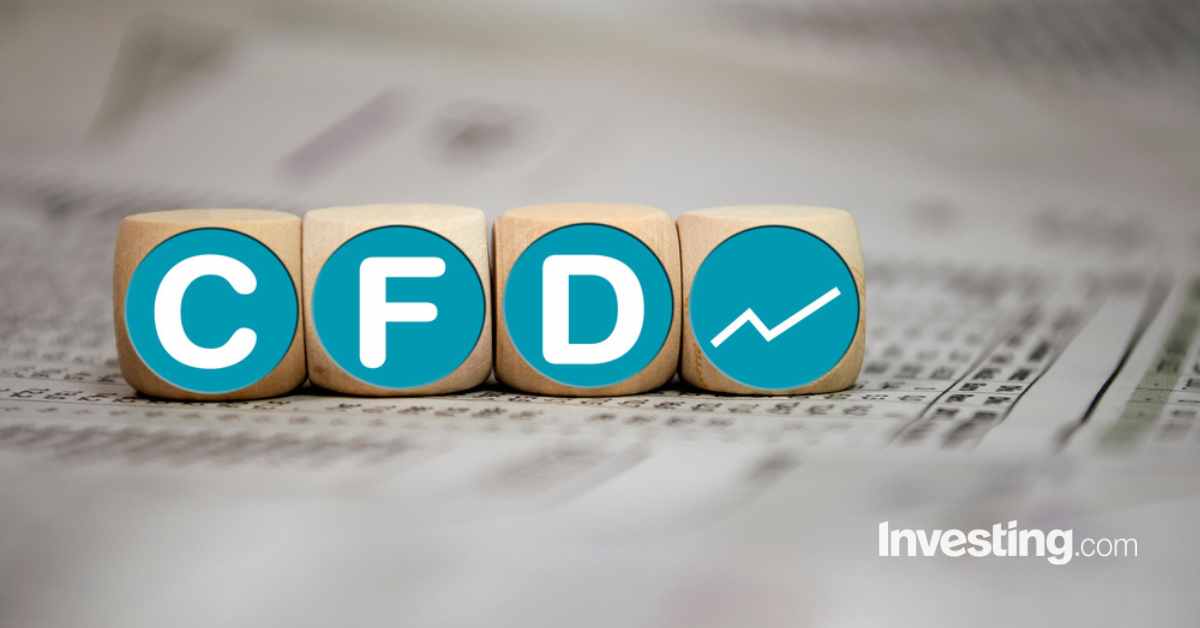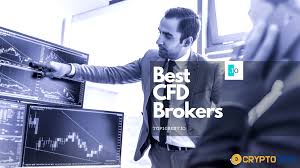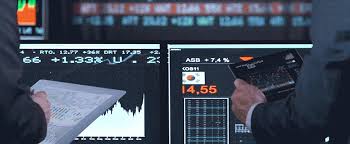The Ultimate Guide to Finding the Best Broker for CFD Trading 2

The Ultimate Guide to Finding the Best Broker for CFD Trading
If you’re looking to dive into the world of Contract for Difference (CFD) trading, understanding the importance of selecting the right broker is essential. Choosing the best broker for cfd trading Exness broker or any other reputable broker can significantly affect your trading success. In this guide, we’ll be exploring the key factors you need to consider when searching for the best broker for CFD trading.
What is CFD Trading?
CFD trading allows traders to speculate on the rising or falling prices of fast-moving global financial markets (or assets), including shares, indices, commodities, currencies, and cryptocurrencies. When trading CFDs, you do not own the underlying asset; instead, you enter into an agreement with the broker to exchange the difference in the price of the asset from when you open your position to when you close it.
Why Choosing the Right Broker Matters
Your choice of broker will affect your trading experience in several critical ways: trading costs, access to markets, trading tools, and overall reliability. The best broker for CFD trading will provide you with favorable conditions that suit your trading strategy while ensuring that your funds are safe and secure.
Key Factors to Consider
1. Regulation and Trustworthiness
Before you register with a CFD broker, make sure they are regulated by a reputable authority. Regulatory bodies such as the Financial Conduct Authority (FCA) in the UK, the Australian Securities and Investments Commission (ASIC), and the Cyprus Securities and Exchange Commission (CySEC) provide oversight that helps protect traders from fraudulent practices.

2. Trading Fees and Spreads
CFD trading costs typically include spreads—the difference between the buy and sell price—and commissions. Some brokers may offer zero-commission trading but wider spreads, while others may charge a commission per trade. It’s vital to compare these costs between brokers to determine which will maximize your profitability based on your trading style.
3. Leverage Options
CFD trading is unique in that it allows traders to use leverage, which can amplify both gains and losses. While higher leverage can lead to larger profits, it also increases risks. Different brokers offer varying leverage ratios; consider your risk tolerance and experience level when choosing a broker with the right leverage options.
4. Trading Platforms
Your trading platform is your primary tool for executing trades and managing your portfolio. A good broker should offer a user-friendly, stable trading platform with advanced charting tools, technical indicators, and the ability to execute different order types. Look for brokers that provide demo accounts so you can test their platforms before committing.
5. Customer Support
Effective customer support can make a significant difference, especially if you encounter issues while trading. The best brokers will offer extensive support options, including live chat, email, and phone support. Additionally, check for their availability and responsiveness during trading hours.
6. Range of Markets and Products
When evaluating brokers, consider the variety of markets and products they offer. A wider selection can provide you with more trading opportunities and the ability to diversify your portfolio across different asset classes. Make sure that your chosen broker provides access to the assets you are interested in trading.

Comparing Popular CFD Brokers
There are many brokers to choose from in the CFD space. Here, we will highlight a few popular brokers known for their quality services:
Exness
Exness is known for its flexible trading conditions and a wide range of assets. The broker offers tight spreads, various leverage options, and a user-friendly platform. With strong regulatory history and excellent customer service, Exness is considered one of the best brokers for CFD trading.
IG Group
As one of the longest-standing CFD brokers, IG Group offers an extensive range of markets, competitive spreads, and a robust trading platform. They are highly regulated and provide excellent educational resources, making them suitable for both beginner and experienced traders.
Plus500
Plus500 is known for its intuitive platform and commission-free trading. With a diverse range of CFD instruments and features such as risk management tools, it’s a solid choice for traders looking for a straightforward trading experience.
CMC Markets
CMC Markets stands out for its advanced trading platform and research tools. It offers competitive spreads and a wide variety of CFD products, making it favorable for trading across different markets.
Conclusion
Finding the best broker for CFD trading is not merely about picking the first one you come across; it requires thorough research and consideration of various factors including regulation, costs, tools, and support. Take the time to compare different brokers and choose one that aligns with your trading goals and strategies. Test out demo accounts, read reviews, and, most importantly, be ready to adapt and refine your trading approach as you gain experience.